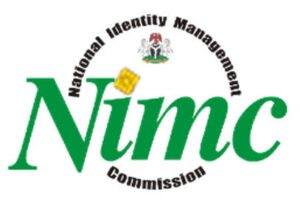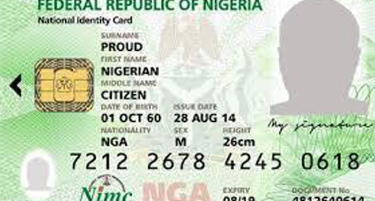The National Identity Management Commission (NIMC) recently announced a significant milestone in the enrollment of Nigerians into the National Identification Numbers (NIN) system. As of now, over 110 million Nigerians have been successfully enrolled. This was disclosed by the Director General of the Commission, Mrs. Abisoye Coker-Odusote, during the 6th National Identity Day celebration held in Abuja.
During the event, Mrs. Coker-Odusote emphasized the Commission’s commitment to accelerating the enrollment process to ensure that even more Nigerians are registered in the shortest possible time. This progress is vital for the country’s development as having a robust national identity database plays a crucial role in various aspects of governance, including national security, social services, and economic planning.
The celebration of National Identity Day serves as an important reminder of the government’s efforts to drive national identification. September 16 was officially designated as National Identity Day in 2020, following approval by the Federal Government under President Muhammadu Buhari. The aim was to encourage more Nigerians to register for their NIN and to increase public awareness about the importance of having a national identification number. Since then, the annual event has brought together officials from NIMC, the Federal Ministry of Interior, and other key stakeholders to discuss and promote the significance of national identity management.
 Speaking at the event, the Minister of Interior, Olubunmi Tunji-Ojo, highlighted the importance of data protection in light of the growing number of Nigerians captured in the NIMC database. With a large portion of the population now enrolled in the NIN system, safeguarding this sensitive information has become more critical than ever. The Minister stressed the need for stringent measures to protect the data from potential breaches, ensuring that citizens’ information remains secure.
Speaking at the event, the Minister of Interior, Olubunmi Tunji-Ojo, highlighted the importance of data protection in light of the growing number of Nigerians captured in the NIMC database. With a large portion of the population now enrolled in the NIN system, safeguarding this sensitive information has become more critical than ever. The Minister stressed the need for stringent measures to protect the data from potential breaches, ensuring that citizens’ information remains secure.
The enrollment into the NIN system is not just about numbers; it has far-reaching implications for national development. It facilitates easier access to government services, financial inclusion, and enhances national security by providing a more accurate demographic representation of the population. With over 110 million Nigerians now registered, the country is on its way to achieving a comprehensive and inclusive national identity system. This will enable better planning and allocation of resources, improved policy-making, and more efficient service delivery across various sectors.
The 6th National Identity Day celebration was a gathering of various stakeholders, including officials from NIMC, the Federal Ministry of Interior, and other partners who are instrumental in driving the national identity agenda forward. It served as an opportunity to reflect on the progress made so far and to chart the way forward in ensuring that every Nigerian is enrolled in the NIN system.
In summary, the successful enrollment of 110 million Nigerians into the NIN database marks a significant step towards establishing a unified identity system in the country. As NIMC continues to work diligently to increase the number of enrollees, the focus on data protection and the secure handling of personal information will remain paramount. National Identity Day not only celebrates the achievements made but also serves as a call to action for all Nigerians to recognize the importance of having a national identification number for a better, more secure future.




